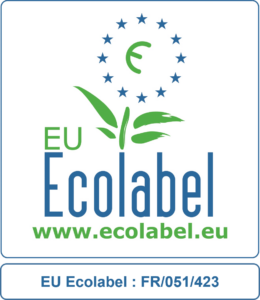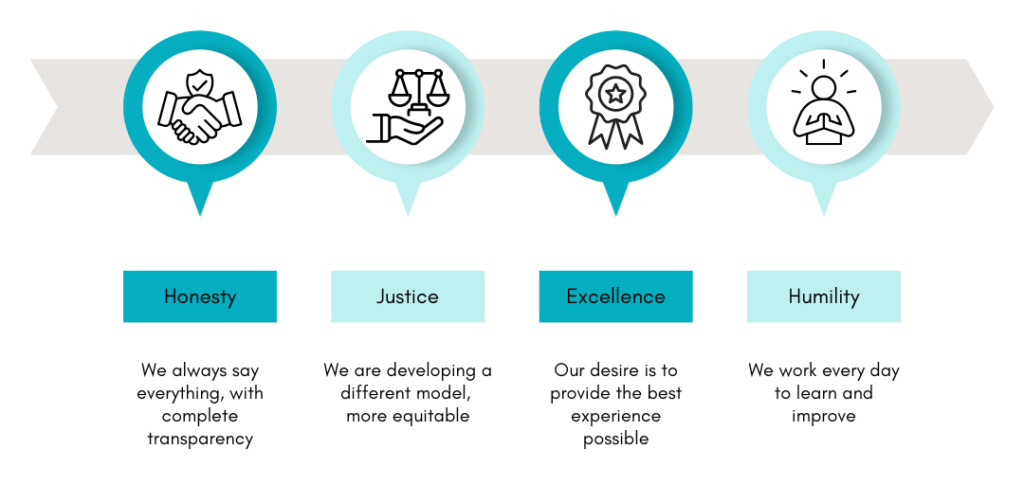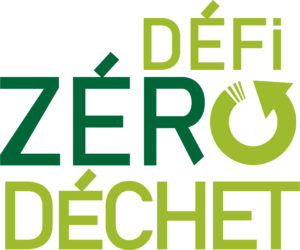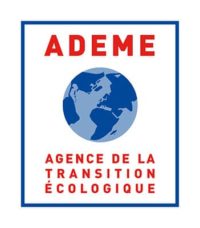Certified European Ecolabel
Why choosing the European ecolabel ?
- Accommodation involves commitming to improve in energy and water savings, waste sorting, the use of more environmentally friendly products.
- Client awareness is also at the heart of this process.
- The Campsite is audited by an independant AFNOR CERTIFICATION every two years on the basis of the criteria’s standard.
Becoming the first and the only certified campsite at Lake Annecy, we contribute to an eco-friendly holiday

Packaging & sorting
Reduce waste volume and ensure better recovery
Water
Reduce water consumption
Ecomobility
2 charging stations 22 KW
for electric bikes
Environment
Zero Phyto. We use no pesticides. Path maintenance is carried out by brush cutting and manual weeding. Compost serves as fertilizer
Local consumption
Work with maximum of local companies
Electricity
We subscribe to a Green Electricity Contract : we consume electricity generated by hydroelectric dams
The values that inspire us

Ecomobility
Lake Annecy offers many traveling and accessibility modes. As part of our environmental policy.
We invite you to discover the different means of transport and ecomobility solutions for better environmentally travel.
By foot
Walk by the lake, go to the beach at the entrance of the campsite, cross the road at the roundabout left, arriving on the shore of the lake
By Bus
The Tuilleries bus stop is in front of the campsite entrance
By bike
Direct access to the Annecy bike path – Albertville – Lake tour
Bike rental in the campsite : VTC, VAE, etc…
Eco comparateur
ADEME (environmental and energy management agency) has put in place a tool to evaluate yout energy and CO² consumption during your travels.
We invite you to compare and analyse the environmental impact of your journeys according to the mode of transport chosen. On your mark, ready, calculate !
Zero waste objective
We have decided to promote this environmental approach for better recovery of our waste and its packaging.

#1 Improve selective sorting
#2 Bring your own containers for take out at the restaurant
#3 Avoid over-packaging
#4 Compost organic waste (leftover fruits and vegetables)
#5 Drink tap water, not bottled
#6 Fight against waste

